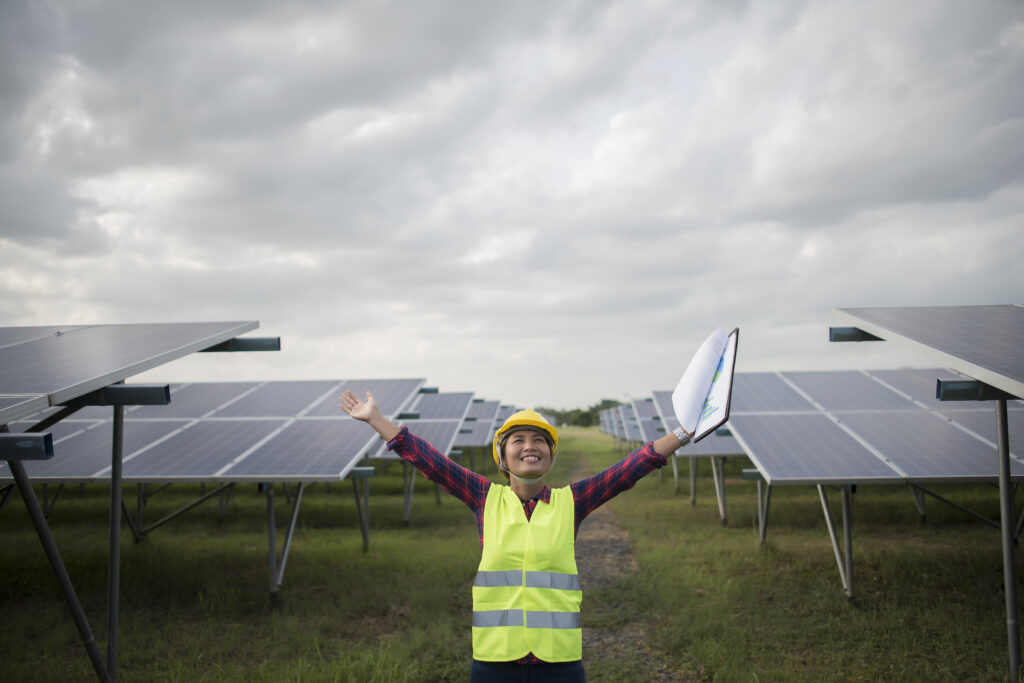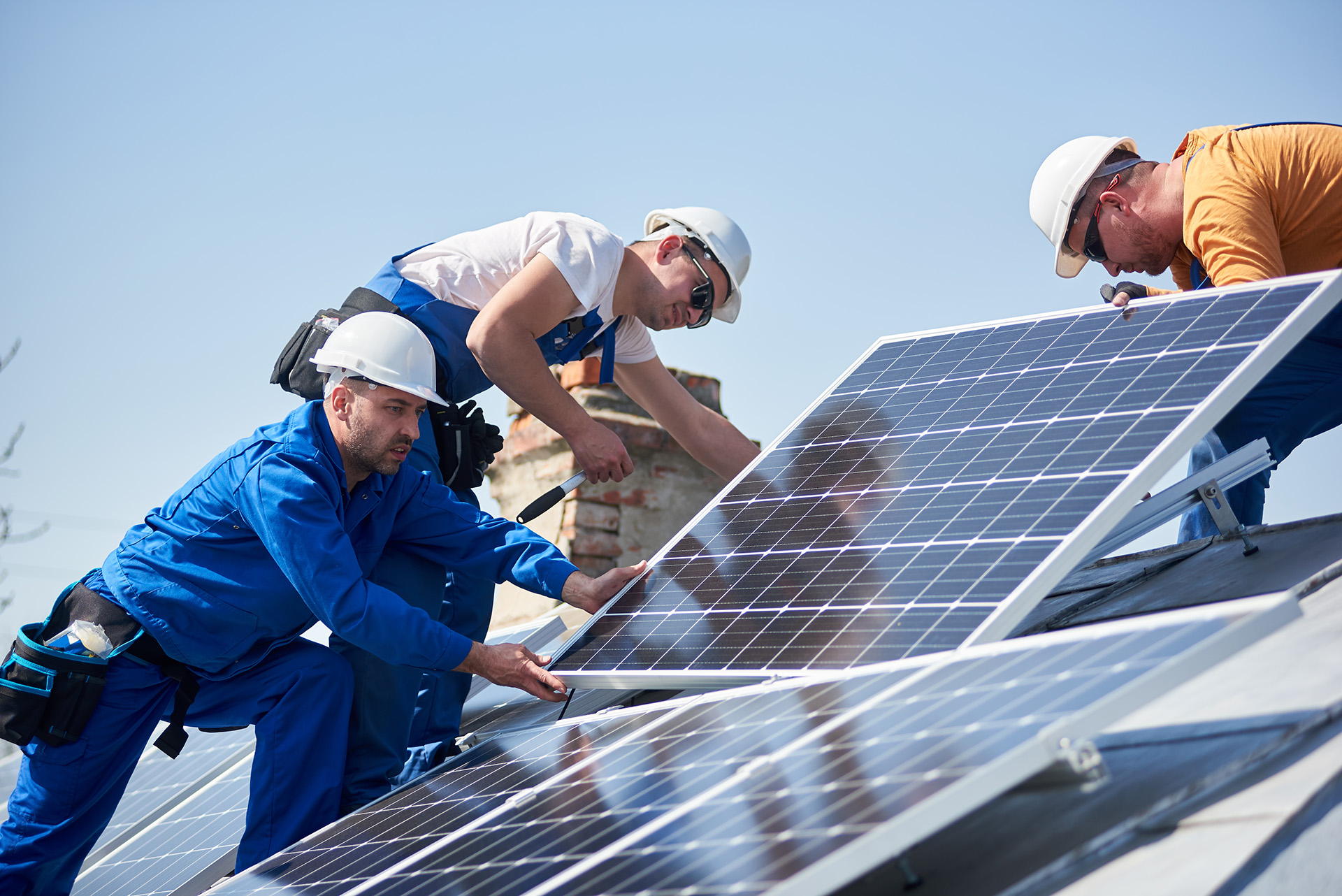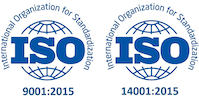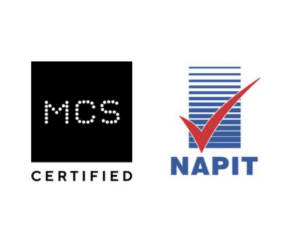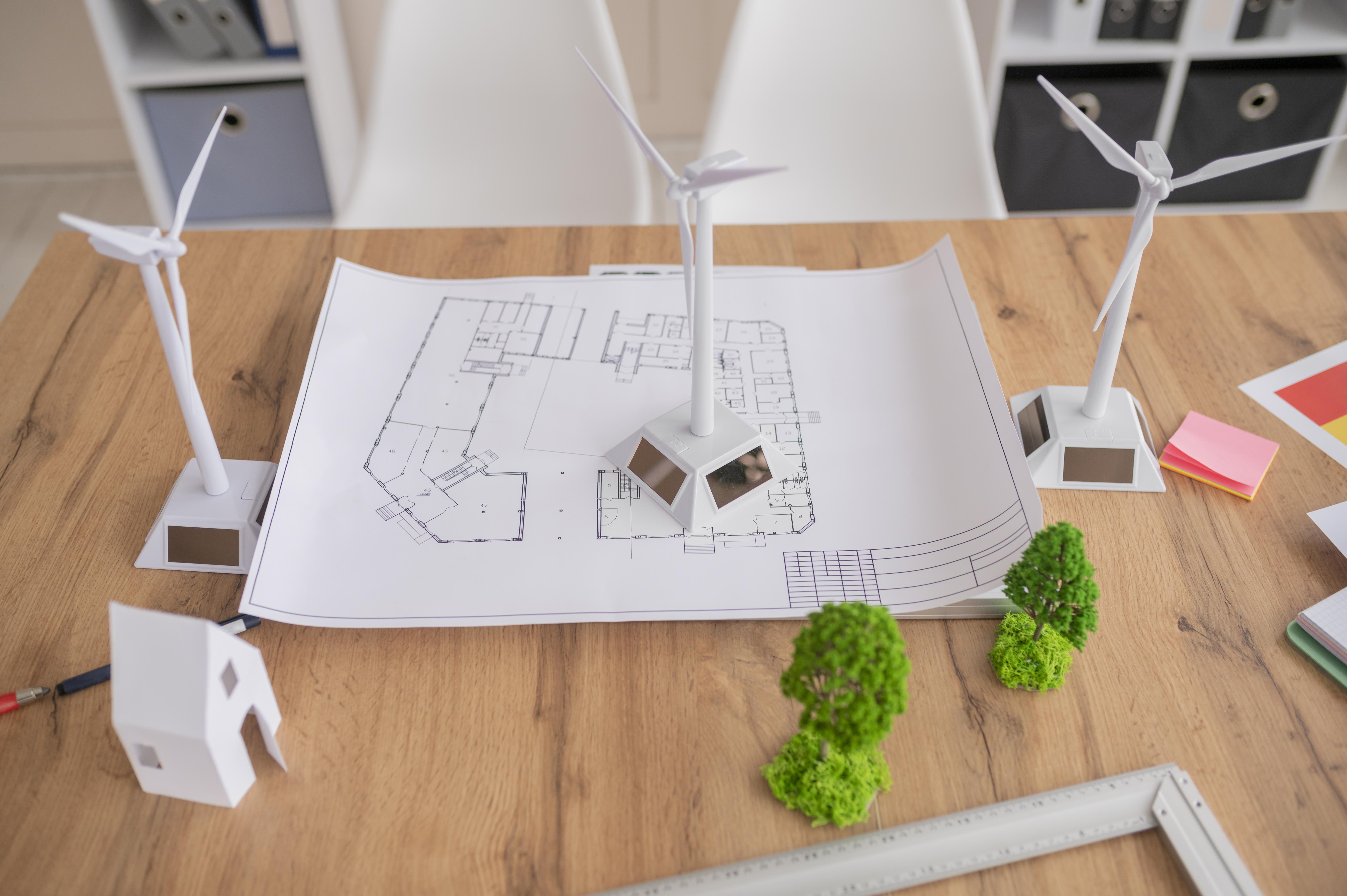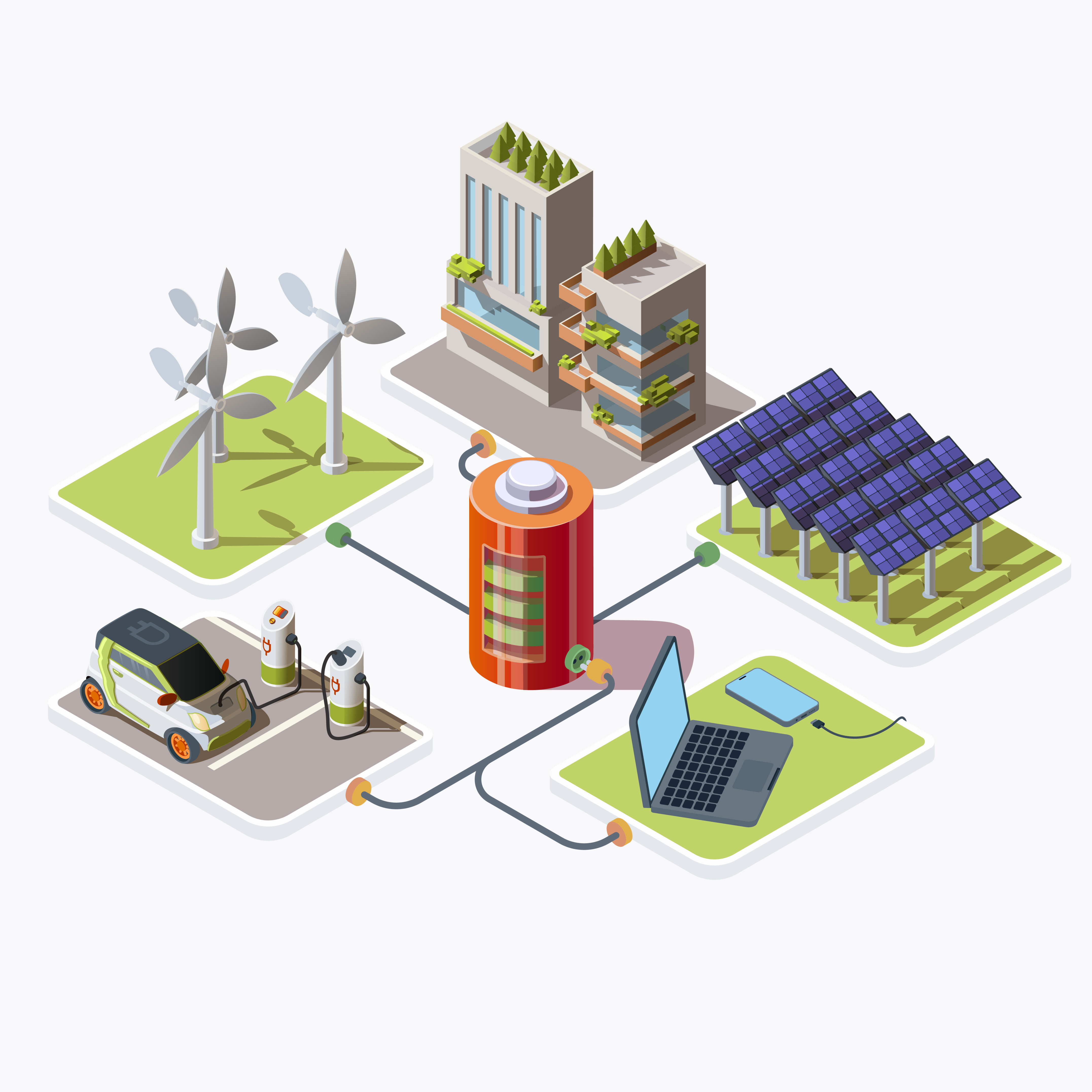Table of Contents
ToggleIntroduction
As the world increasingly turns to renewable energy sources like solar power, it’s crucial to ensure that solar panel systems are properly maintained to maximize efficiency and longevity. Regular maintenance not only ensures optimal performance but also helps to prevent costly repairs and extends the lifespan of your investment. In this comprehensive guide, we will explore practical tips for maintaining your solar panel system, covering everything from basic inspections to advanced troubleshooting techniques. Maintaining a solar panel system begins with understanding its basic components and how they function together to harness sunlight and generate electricity. Solar panels, inverters, mounting hardware, and electrical wiring are all integral parts of a solar power system that require periodic maintenance to ensure optimal performance..
Cleaning Your Solar Panels: Dos and Don’ts
Cleaning your solar panels is crucial for maintaining peak efficiency, especially in areas prone to dust, dirt, and pollution. Use a soft brush, mild detergent, and water to gently scrub away dirt and grime, avoiding abrasive materials that could scratch the surface. Avoid using high-pressure water or harsh chemicals, as these can damage the panels and void warranties.
Monitoring Your System’s Performance
Regularly monitor your solar panel system’s performance to detect any deviations from expected output levels. Monitoring software or apps provided by your installer can help track energy production, identify potential issues, and optimize system performance. Keep an eye out for sudden drops in output, which could indicate shading, equipment malfunctions, or other problems.
Shading can significantly impact the performance of solar panels, reducing energy production and efficiency. Trim back overhanging branches, remove foliage, or install shading devices to minimize shading from nearby trees, buildings, or obstructions. Consider the sun’s path throughout the day and year to optimize panel placement and minimize shading.
Inspect your solar panels regularly for physical damage, such as cracks, chips, or scratches on the glass surface. Damage to the panels can compromise their efficiency and longevity, so it’s essential to address any issues promptly. Contact your installer or manufacturer if you notice any signs of damage that require repair or replacement.
Electrical components, including wiring, connectors, and inverters, should be inspected regularly to ensure they are functioning correctly and safely. Check for loose connections, signs of corrosion, or overheating, which could indicate underlying issues that need to be addressed. If you’re unsure about electrical maintenance, consult a qualified electrician or solar installer.
Testing and Maintaining Batteries (if applicable)
If your solar panel system includes battery storage, it’s essential to test and maintain the batteries regularly to ensure they are operating efficiently and safely. Follow the manufacturer’s guidelines for battery maintenance, including checking fluid levels, cleaning terminals, and performing regular capacity tests. Proper battery maintenance can extend their lifespan and optimize system performance.
The inverter is a critical component of a solar panel system, converting DC electricity generated by the panels into AC electricity for use in your home or business. Regularly monitor the inverter’s performance indicators, such as voltage, frequency, and efficiency, to ensure it is operating within specified parameters. Address any issues promptly to prevent disruptions to energy production.
Pests such as birds, rodents, and insects can pose a threat to solar panel systems, causing damage to panels, wiring, and other components. Install bird deterrents, rodent barriers, and insect screens to protect your solar panels from unwanted visitors. Regularly inspect your system for signs of pest activity and take appropriate measures to mitigate any risks.
Vegetation growing around solar panels can create shading, obstruct airflow, and increase the risk of debris buildup, compromising system performance. Keep vegetation trimmed back to maintain adequate clearance around the panels, ensuring optimal sunlight exposure and airflow. Consider using landscaping materials such as gravel or mulch to minimize weed growth and maintain a clean, tidy installation.
Proper Handling of Snow and Ice Buildup
In regions with cold climates and snowy winters, snow and ice buildup on solar panels can reduce energy production and pose safety hazards. Use a soft-bristled broom or a snow rake to carefully remove snow and ice from the panels, taking care not to scratch or damage the surface. Avoid using sharp tools or abrasive materials that could cause permanent damage to the panels.
Seasonal changes can affect the performance of solar panel systems, so it’s essential to conduct seasonal maintenance checks to ensure everything is in working order. Inspect your system before the start of each season, paying attention to changes in weather conditions, temperature extremes, and environmental factors that could impact performance.
Proper ventilation is essential for maintaining optimal operating temperatures and preventing overheating in solar panels. Ensure that there is adequate airflow around the panels by maintaining clearance from obstructions and avoiding the buildup of debris or vegetation. Consider installing tilt-up mounting systems or adjustable racks to improve airflow and optimize panel orientation.
Loose connections in your solar panel system can lead to voltage drops, power losses, and potential safety hazards. Regularly inspect electrical connections, terminals, and junction boxes for signs of looseness, corrosion, or damage. Tighten connections as needed and replace any damaged components to ensure a reliable and efficient electrical connection.
Assessing Potential Damage from Weather Events
Severe weather events such as storms, hail, high winds, and lightning can cause damage to solar panel systems, including physical damage, water infiltration, and electrical issues. After a severe weather event, inspect your system for signs of damage, including broken panels, loose wiring, or water ingress. Address any issues promptly to prevent further damage and ensure the safety and performance of your system.
Corrosion and rust can compromise the integrity of your solar panel system, leading to equipment failure and reduced performance. Inspect metal components such as mounting hardware, frames, and support structures for signs of corrosion, rust, or deterioration. Treat affected areas with corrosion-resistant coatings or replace damaged components to prevent further degradation.
Most solar panel systems come with warranties that cover manufacturing defects, performance guarantees, and other aspects of system operation. Familiarize yourself with the terms and conditions of your warranty, including coverage limits, exclusions, and requirements for maintenance and repairs. Keep records of maintenance activities and any warranty-related correspondence for future reference.
Identifying Signs of Degradation
Solar panels degrade over time due to exposure to sunlight, weather, and environmental factors, resulting in reduced performance and efficiency. Monitor your system’s output over time and look for signs of degradation, such as declining energy production, yellowing or discoloration of panels, or increased soiling. Address any degradation issues promptly to maintain optimal system performance.
Regular voltage and current checks can help identify potential issues with your solar panel system’s electrical components and wiring. Use a multimeter or voltage tester to measure voltage levels and current flow at various points in the system, including at the panels, inverters, and battery storage (if applicable). Compare measurements to manufacturer specifications and address any discrepancies promptly.
Thermal imaging inspections can help identify potential issues with your solar panel system, including loose connections, hot spots, and equipment malfunctions. Use a thermal imaging camera to scan your system for temperature variations that could indicate underlying issues. Address any hot spots or anomalies promptly to prevent equipment damage and ensure optimal system performance.
Developing an Emergency Response Plan
Develop an emergency response plan to address unexpected events, such as equipment failures, electrical faults, or severe weather events, that could disrupt your solar panel system’s operation. Establish procedures for responding to emergencies, including shutting down the system, isolating electrical components, and contacting emergency services or qualified professionals for assistance. Train personnel on emergency protocols and ensure they are prepared to respond effectively to any unforeseen circumstances.
By following these practical tips for maintaining your solar panel system, you can ensure that it operates safely, efficiently, and reliably for years to come. Regular maintenance not only maximizes energy production and performance but also protects your investment and promotes sustainability. Embrace the benefits of solar energy and enjoy the peace of mind that comes with a well-maintained solar panel system.
FAQs
How often should I clean my solar panels?
Solar panels should be cleaned at least once or twice a year, but the frequency may vary depending on factors such as local weather conditions, air quality, and the presence of debris or bird droppings. It’s essential to monitor your panels regularly and clean them as needed to maintain optimal performance.
Can I clean my solar panels with regular tap water?
Yes, you can clean your solar panels with regular tap water, but it’s recommended to use deionized or distilled water to minimize mineral buildup and streaking. Avoid using hard or abrasive water, as it can leave residues and potentially damage the panels.
How can I tell if my solar panels need maintenance or repairs?
Signs that your solar panels may require maintenance or repairs include decreased energy production, visible physical damage such as cracks or chips, loose connections, unusual noises or odors, and alerts from monitoring systems indicating performance issues. If you notice any of these signs, it’s essential to inspect your system and address any issues promptly.
Should I perform maintenance on my solar panel system myself, or should I hire a professional?
While some maintenance tasks can be performed by homeowners or building owners, such as cleaning panels or inspecting for debris, others may require specialized knowledge, skills, or equipment. It’s recommended to hire a qualified professional for tasks such as electrical inspections, system testing, or repairs to ensure the safety and reliability of your system.
How can I prevent bird nests or debris accumulation on my solar panels?
To prevent bird nests or debris accumulation on your solar panels, consider installing bird deterrents, such as spikes, netting, or reflective tape, to discourage nesting. Regularly inspect your panels for signs of debris buildup and remove any obstructions that could obstruct sunlight or airflow. Trim back overhanging branches and vegetation to minimize the risk of debris falling onto your panels.
